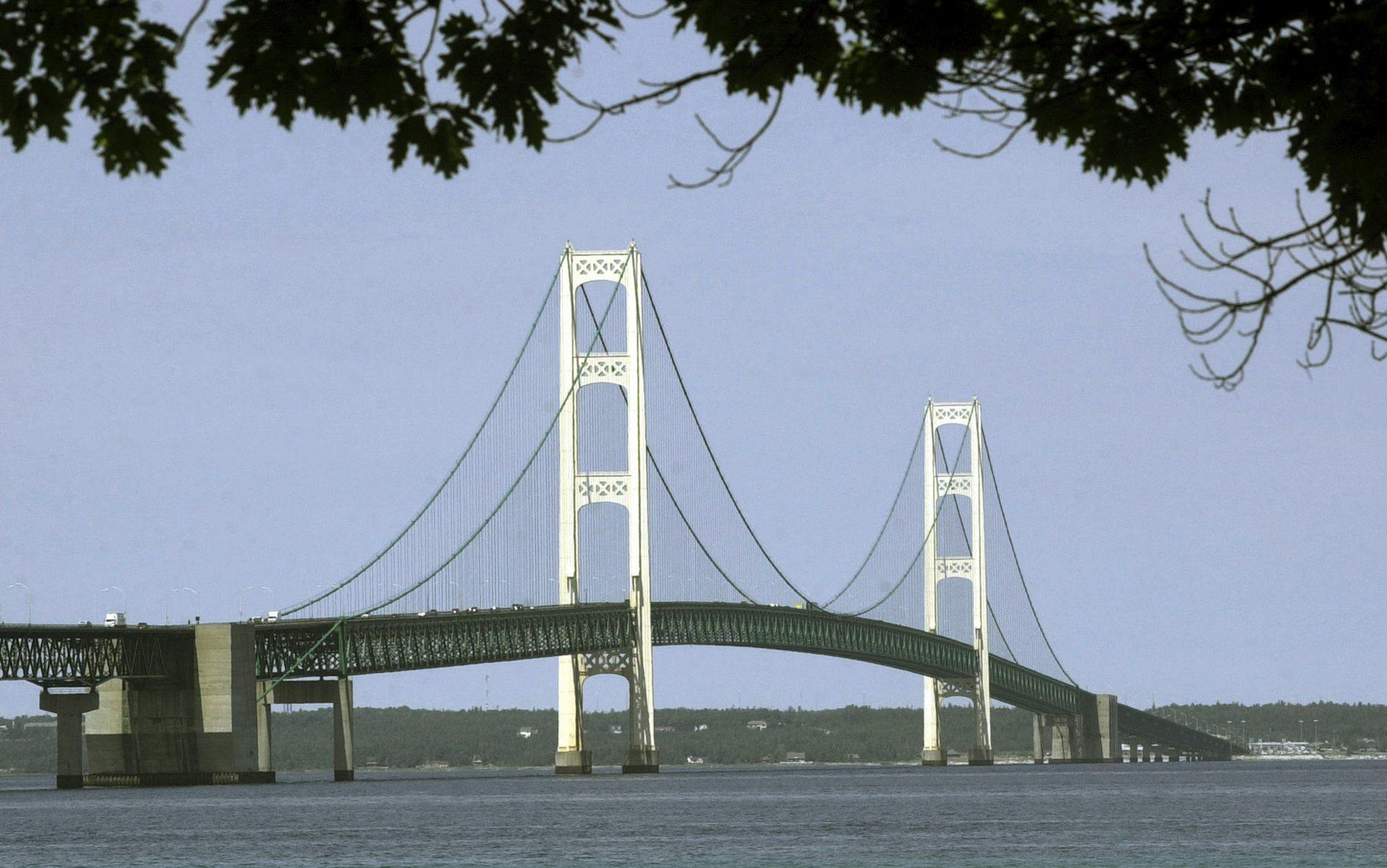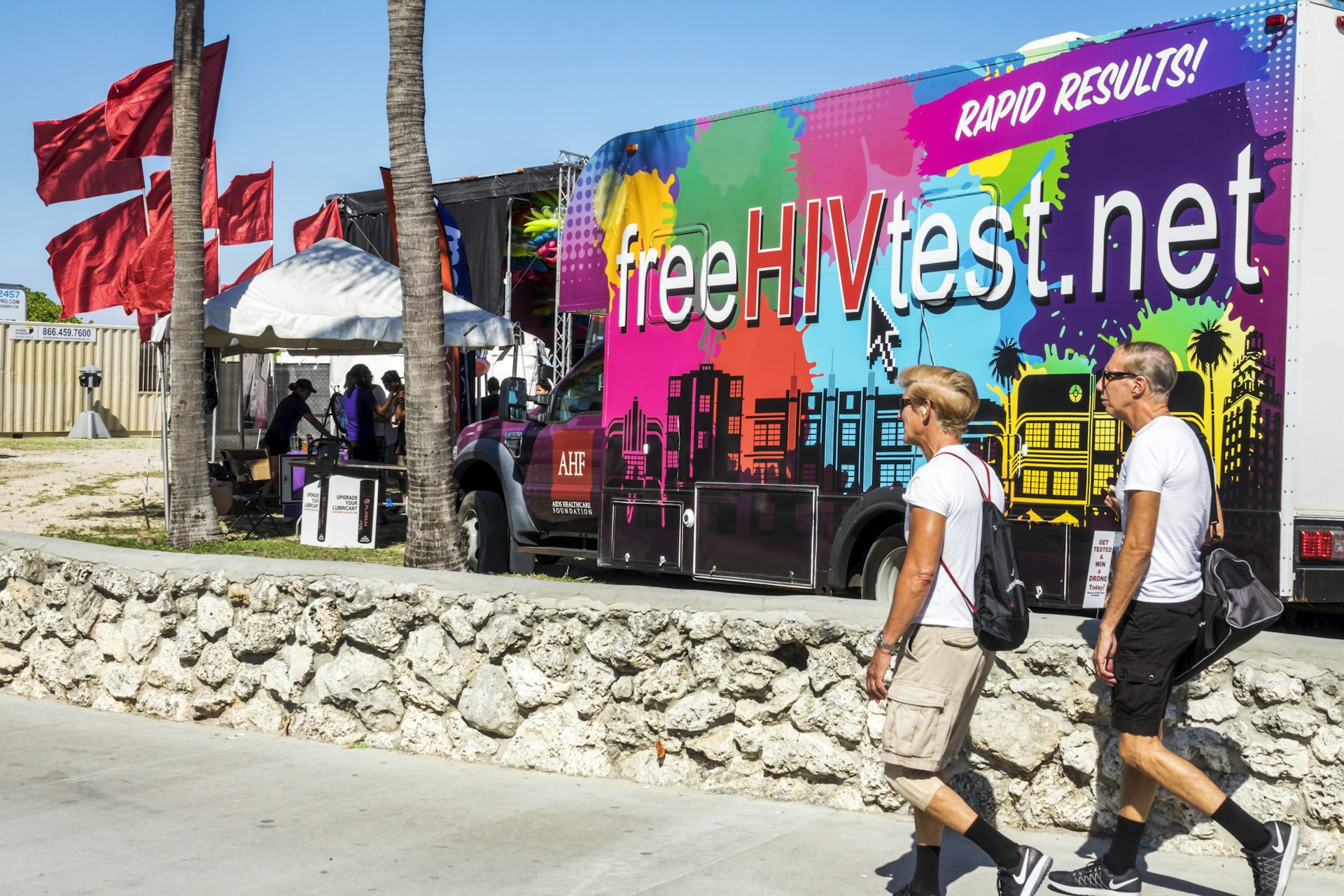Football and faith could return to the Supreme Court – this time, over loudspeakers
School lawyers are petitioning the Supreme Court to hear Cambridge Christian School v. Florida High School Athletic Association.
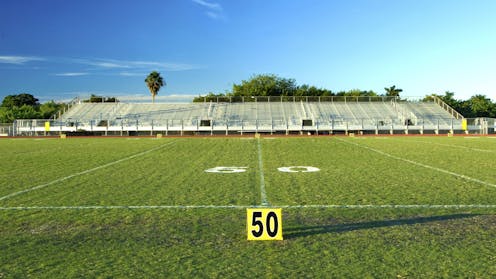
With the start of another high school football season around the corner, a long-simmering dispute has heated up: prayers at games.
Kennedy v. Bremerton, the case of a high school football coach praying on the field after games, has been in the spotlight since the Supreme Court’s 2022 ruling. But another football controversy first emerged in 2015, when two Christian schools in Florida made it to the state championships. The games were run by the state’s high school athletic association, a government body.
Association officials barred the teams from conducting a joint prayer over the loudspeaker at the public stadium before kickoff. Allowing a prayer, they said, would violate federal and constitutional law. The First Amendment’s establishment clause forbids the government from establishing an official religion, from giving preference to a specific religion and from giving favor to or disfavoring religion in general.
Officials at one of the schools, Cambridge Christian, filed suit, arguing that banning the prayer violated its right to free speech and to the free exercise of religion. Lower courts entered orders in the association’s favor, but attorneys for the school petitioned the Supreme Court to hear the case.
As a faculty member who teaches and researches law relating to religion and education, I believe the justices are likely to take the case – and that its outcome could be consequential. I say this because the Supreme Court’s recent record in First Amendment cases has been more friendly to religious plaintiffs than ever in its history.
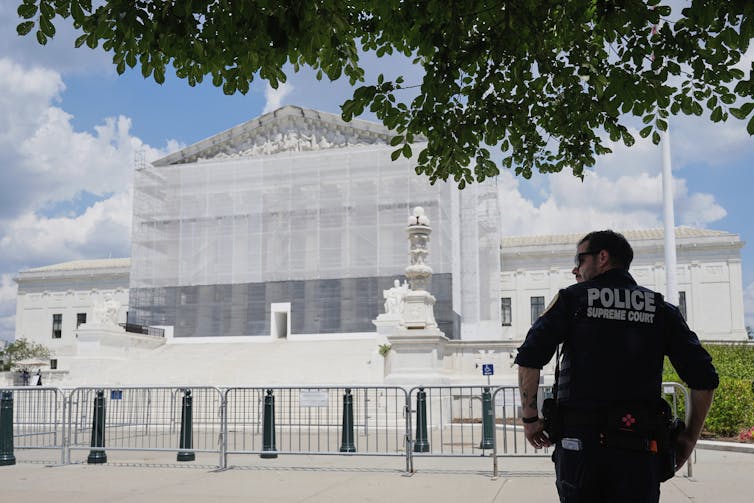
Government speech
Following multiple rounds of litigation, Cambridge Christian School v. Florida High School Athletic Association reached a federal appeals court in September 2024. The 11th Circuit unanimously affirmed an order upholding the association’s policy not to allow prayer over the public address system.
The 11th Circuit based its findings in its view that prayer would be a form of “government speech”: that it would be perceived as representing the state association, not just the Christian schools. While the First Amendment limits the government’s ability to regulate private speech, the government is free to regulate its own speech.
Therefore, the court held that association officials did not violate the school’s right to free speech or free exercise of religion.
In part, the 11th Circuit relied on a similar Supreme Court case from 2000, which also examined prayer at a high school football game: Santa Fe Independent School District v. Doe.
In the Santa Fe ruling, the justices invalidated a board’s policy of allowing prayer over the public-address system “by a speaker representing the student body, under the supervision of school faculty.” Such a policy violated the First Amendment’s establishment clause, they determined, because “an objective Santa Fe High School student will unquestionably perceive the inevitable pregame prayer as stamped with her school’s seal of approval.”
Endorsement test
According to reasoning known as the “endorsement test,” a message violates the establishment clause if someone listening would reasonably assume that the government is endorsing religion. This test originated in Lynch v. Donnelly, a 1984 dispute over a public Christmas display in a Rhode Island park owned by a nonprofit.
Recently, however, the Supreme Court explicitly rejected the endorsement test – potentially strengthening Cambridge Christian’s case. The court rejected it and a similar set of criteria, called the “Lemon test,” in another football-related case, 2022’s Kennedy v. Bremerton School District.
The majority opinion upheld the right of a football coach in a public high school, Joseph Kennedy, to pray silently on the field at the end of games. The justices explained that the establishment clause does not “require the government to single out private religious speech for special disfavor,” adding that the court “long ago abandoned Lemon and its endorsement test offshoot.”
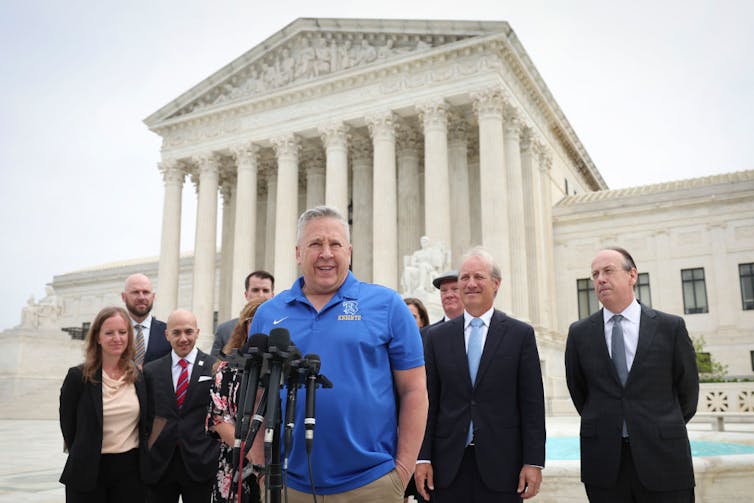
The Lemon test“ was the standard the Supreme Court had used since 1971 to evaluate interactions between the government and religion. Under Lemon, there were three key criteria for whether a law or government speech violated the establishment clause. To be permitted, a governmental action must have a secular purpose, and its main effect cannot either advance or inhibit religion. Lastly, the action "must not foster ‘an excessive government entanglement with religion.‘”
In Bremerton, repudiating Lemon, the justices declared that courts should instead assess establishment clause claims based on “historical practices and understandings.”
If the Supreme Court agrees to hear Cambridge Christian’s appeal, the justices will face two issues. The first is whether communal prayer over a loudspeaker before a state athletic association game is indeed government speech – especially because officials permitted a wide array of nonreligious private speech over the loudspeaker. The second issue is whether the endorsement factor of the government-speech doctrine revives the endorsement test.
Recent record
If the justices agree to hear Cambridge Christian, it must be viewed against the court’s recent history in disputes over religion. The majority has often been friendly toward religious plaintiffs in cases under both religion clauses of the Constitution: establishment and free exercise.
In recent years, for example, the justices allowed aid to faith-based school students, found that a board could not prevent Kennedy from praying silently on the field after games, and granted employees time off to worship.
Two important issues remain to be seen: first, whether the justices will continue expanding the boundaries of religious freedom; and second, whether Cambridge Christian will generate such a result.
Regardless of how the Supreme Court rules – and whether it does rule – Florida has already adopted a law requiring athletic associations to allow participating high schools “to make brief opening remarks, if requested … using the public address system at the event.”
Come fall 2025, the Supreme Court will decide whether to hear the case. If so, its judgment may clarify whether private speech using public PA systems becomes governmental speech. Because the 11th Circuit relied on the endorsement test that the Supreme Court expressly repudiated, it seems likely that the justices will hear the appeal and rule in Cambridge Christian’s favor.
If the court does agree to review Cambridge Christian, it may well expand the parameters of religious expression in public – not just at football games.
Charles J. Russo does not work for, consult, own shares in or receive funding from any company or organization that would benefit from this article, and has disclosed no relevant affiliations beyond their academic appointment.
Read These Next
Abortion laws show that public policy doesn’t always line up with public opinion
Polls indicate majority support for abortion rights in most states, but laws differ greatly between…
Honoring Colorado’s Black History requires taking the time to tell stories that make us think twice
This year marks the 150th birthday of Colorado and is a chance to examine the state’s history.
50 years ago, the Supreme Court broke campaign finance regulation
A gobsmacking amount of money is spent on federal elections in the US. The credit or blame for that…





